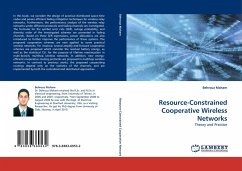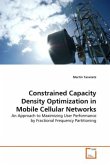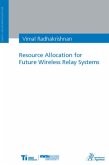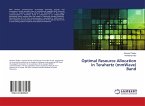High data-rate real-time applications such as streaming multimedia will be supported in the next generation wireless networks. Services required by these applications are different from traditional voice and file transfer services in that they expect both low transmission delay and high throughput. Providing quality of service (QoS) guarantees to those applications poses a big challenge for the design of wireless networks. This dissertation focuses on the power and resource allocation schemes for delay-constrained communications. The QoS requirement is statistically modeled by the triplet of data rate, delay bound, and delay bound violation probability. We study optimal power control and resource allocation schemes to provide statistical QoS guarantees, which are more challenging than providing average delay guarantees, since statistical QoS imposes constraints on the distribution of transmission delay. The proposed optimal cross-layer power control scheme successfully minimizes the delay bound violation probability under the average power constraint.
Bitte wählen Sie Ihr Anliegen aus.
Rechnungen
Retourenschein anfordern
Bestellstatus
Storno








